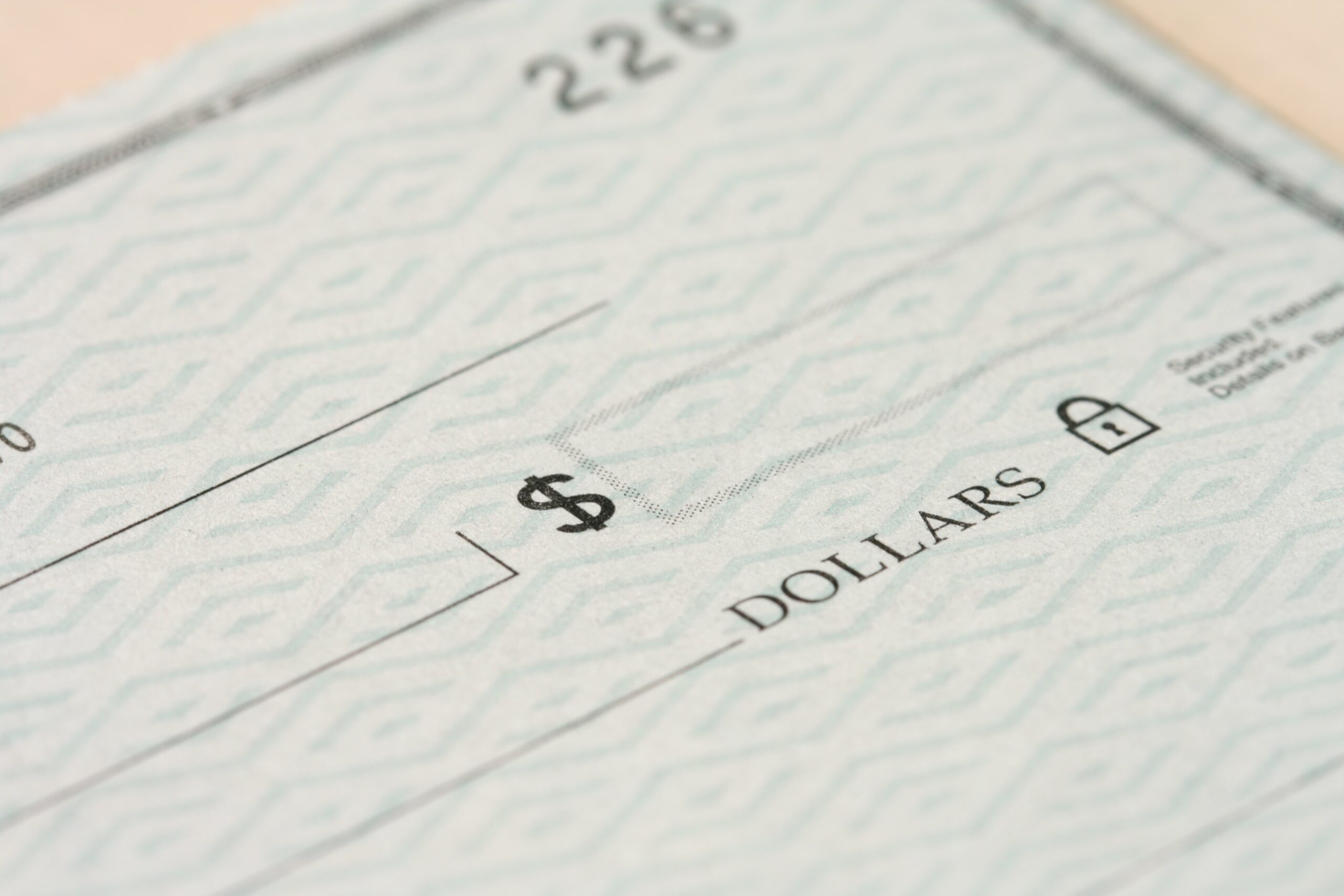Understanding the Importance of Work-Life Balance
Before we dive in, lets come to the agreement of what work-life balance is. Work-life balance refers to the equilibrium between an individual’s work responsibilities and their personal life, allowing for a fulfilling and harmonious existence. It involves effectively managing time and energy to meet both professional and personal needs without one overshadowing the other. Achieving work-life balance requires recognizing the importance of personal well-being, setting boundaries, and prioritizing tasks and commitments. It involves practicing self-care, establishing supportive networks, and embracing flexibility to navigate the demands of work and personal life. Ultimately, work-life balance leads to increased productivity, reduced stress levels, improved relationships, and overall satisfaction in life.
Are you thinking well yeah that’s great and all, but I need to know HOW to manage this? Am I right? That is why you clicked on this article, for answers. Well lets dive into the steps you can take to make this balancing act a bit more bearable. The interesting point to this entire thing is that all of this is technically under your control. So how can you change it?

Setting Clear Boundaries and Prioritizing
To manage work-life balance, it is essential to establish clear boundaries between work and personal life. This includes defining specific working hours and sticking to them, unless there is an urgent situation. Be mindful not to make urgent exceptions the norm. Avoiding the temptation to constantly check work emails or engage in work-related activities during personal time is crucial. Prioritizing tasks and focusing on the most important ones helps prevent feeling overwhelmed and ensures that work and personal commitments are appropriately addressed.
Remember work will be there tomorrow, there is nothing that important that cannot wait until tomorrow. With the exception of life threatening situations. But you get my drift! I have a saying that I post at my desk for my own sanity but also to let others know…’Your lack of planning is not my emergency.’ Just because someone else decided to wait until the last minute, does not mean you have to rush to do anything. If they miss a deadline that is on them. Let them know that for the future you will need an X number of days to grant their request. Let it be known you don’t do last minute. There will always be the commentary but if it is an emergency we expect you to jump in. Well of course, for a true emergency that is, but we all know the difference. Don’t be bullied into doing something for work because someone else failed on their end, which is now interfering with you spending time with your family. Its ok to say no.
Example
Imagine an individual who has set a boundary to not check work emails after 7 p.m. This allows them to fully engage with their family, pursue personal hobbies, or simply relax without work-related interruptions, fostering a healthier work-life balance. Once you set that boundary, those coworkers will know not to bother you in the evening because you don’t respond. Sometimes you have to train your boss to your boundaries as well by purposefully not responding to an email, phone call, or message past certain hours. As a leader, IF I send messages that late I never expect a return at that point, its more of I should do it now or I’ll forget. It all comes down to respect.
Effective Time Management and Flexibility
Effective time management is key to balancing work and personal life. By efficiently organizing and allocating time for different activities, individuals can avoid excessive work hours and make time for personal pursuits. Prioritizing tasks and creating a schedule or to-do list can help maintain focus and achieve a sense of accomplishment. It is also important to be flexible and adapt to unexpected situations or changing priorities, allowing for a more balanced and stress-free approach.

Creating task or to-do lists is really helpful to get a visual on what needs to be done for the day and where to start first. Always end the list with the task that IF it needed to get pushed to tomorrow that would be ok. This will allow time in your day for unexpected tasks that arise, like those pesky ’emergencies’ that tend to show up from time to time. You have the power to manage your time more effectively, its whether you take the time to set yourself up for success.
Example
Imagine a professional who schedules regular breaks throughout the workday, ensuring moments of relaxation or engaging in activities they enjoy. This helps them recharge and maintain a healthier work-life balance. Block 30 minutes off on your calendar and take a walk. If someone tries to schedule something, you let them know you are unavailable and to find a different time. There is nothing wrong with doing that. Stand up for yourself.
Establishing Supportive Networks and Seeking Help
Building supportive networks both at work and in personal life can greatly contribute to managing work-life balance. At work, delegating tasks, collaborating with colleagues, and seeking assistance when needed can help distribute workload and prevent burnout. It’s ok to ask for help and lean on your coworkers. Just as long as you are mindful of their time as well. Be respectful of those around you, but there is no harm in asking for help. In your personal life, having a strong support system of friends, family, or mentors provides emotional support, guidance, and the opportunity for relaxation and recreation is so important. It can be helpful to have family to remind you to put work away and come spend time with them. Be in the moment. Its ok to ask your family and friends for those reminders as well.
Remember the saying ‘It takes a village?’ Well that is true at home and in the workplace. Nobody can do everything alone, stop trying to be the superhero, sorry to break it to you but they don’t exist! You are human and can only do and manage so much. Recognize that and respect that. Leaning on others will have an immediate impact on your work life balance. Asking for help is a sign of strength and leadership. You think your company leaders do everything themselves, haha hardly, they delegate!
Example
Consider an individual who regularly engages in team-building activities with colleagues, creating a positive work environment and fostering cooperation. They also maintain connections with family and friends, allowing for a fulfilling personal life. As the photo noted below it is also ok to let some things go! Your house doesn’t need to be perfect everyday, take some time to relax. Lets be real here, spending what little years you have left with your kids or parents OR making sure you vacuumed, again, that no one will be able to notice. You are the one making this decision. Choose wisely.

Practicing Self-Care and Mindfulness
Lastly, practicing self-care and mindfulness is essential for maintaining work-life balance. Engaging in activities that promote physical and mental well-being, such as exercising, meditating, or pursuing hobbies, helps reduce stress and increase overall happiness. Taking regular breaks, disconnecting from technology, and dedicating time to oneself are essential components of self-care. Mindfulness practices, such as being present in the moment and managing stress through breathing exercises or mindfulness meditation, can contribute to a healthier work-life balance.
Shifting to a growth mindset can help you step out of your comfort zone and focus on yourself vs others. Think about what makes you happy. Do you enjoy a good run, some yoga, watching comedy, talking with friends, sitting in the sun, taking a walk, petting your dog or even just sitting in silence? Then do those things that make you happy. Life is short and you should have at least one enjoyable moment each day. Lets be real here, on your death bed you are not going to be happy you spent so much time working, or enjoying the simple beautiful things in life. Remember working is a means to an end, not your end all be all.
Example
For example, an individual who engages in regular exercise, sets aside time for self-reflection and relaxation, and practices mindfulness techniques can effectively manage work-life balance and experience improved overall well-being. Consider yoga or meditation or being in nature. So when it comes to prioritization put yourself at the top of this list by making one small adjustment each day.
Final Thoughts
Work-life balance is of paramount importance as it directly impacts individuals’ overall well-being and quality of life. Striking a balance between work and personal life enables individuals to maintain their physical and mental health, leading to increased happiness and fulfillment. It helps prevent burnout and chronic stress, which can have detrimental effects on one’s health and productivity. Moreover, work-life balance allows individuals to allocate time for their personal interests, hobbies, and relationships, fostering personal growth and stronger connections. Ultimately, work-life balance empowers individuals to lead more meaningful and satisfying lives by ensuring that their professional and personal aspirations are adequately nurtured and fulfilled. Remember you have ultimate control over this, so take the reigns! 😉




